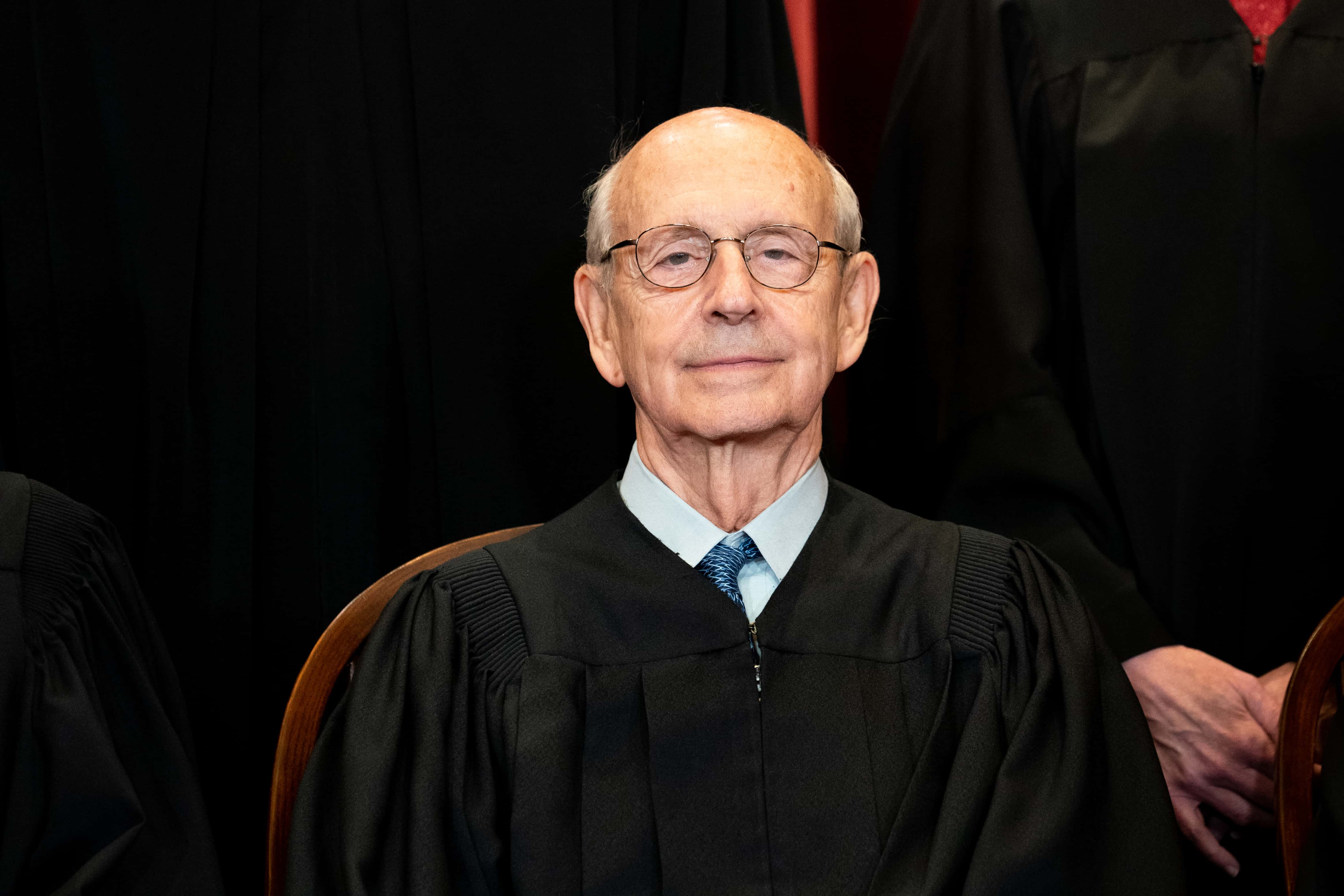Who is Stephen Breyer's wife Joanna Breyer? Author is daughter of a British viscount

Stephen Breyer, one of the three liberal justices on the US Supreme Court, announced his retirement on January 26, 2022, paving the way for President Joe Biden to name the first Black woman to the nation's highest court.
Stephen, 83, who served as an associate justice of the Supreme Court since 1994 will step down after the court's current term, which ends in June. Now, Stephen will have more time to spend at home with his author wife Joanna.
RELATED ARTICLES
Ketanji Jackson likely to succeed Stephen Breyer, Internet says 'she'll make history'

Who is Joanna Breyer?
Joanna Freda Hare aka Joanna Breyer is the wife of Stephen Breyer and she is also a member of the British aristocracy. Hare, the daughter of a viscount, has been married to Breyer since 1967. She has a Ph.D. in psychology and works at the Dana-Farber Cancer Institute, which is known as a comprehensive cancer treatment and research institution in Boston. In 2018, Joanna also published the book, 'When Your Child Is Sick: A Guide to Navigating the Practical and Emotional Challenges of Caring for a Child who is Very Ill'.
Over the years, the couple has welcomed three children together including Chloe, 53, Nell, 51, and Michael, 48. Breyer's youngest son followed in the steps of his father and famously ran in 2012 as a Democratic candidate for District 19 of the California State Assembly, however, he lost in the general election to Phil Ting.
Stephen Breyer's retirement
Stephen Breyer is the Supreme Court's oldest member and was first nominated by President Bill Clinton. Liberal activists have been urging Breyer to retire for months while the Democrats are holding both the White House and Senate, leaving it up to the President Joe Biden to find his replacement.

In a Washington Post op-ed, Professor Erwin Chemerinsky said there are times "when the stewards of our system must put the good of an institution they love, and of the country they love, above their own interests." "They have to recognize that no one, not even a brilliant justice, is irreplaceable, and that the risks presented by remaining are more than hypothetical," he wrote.










